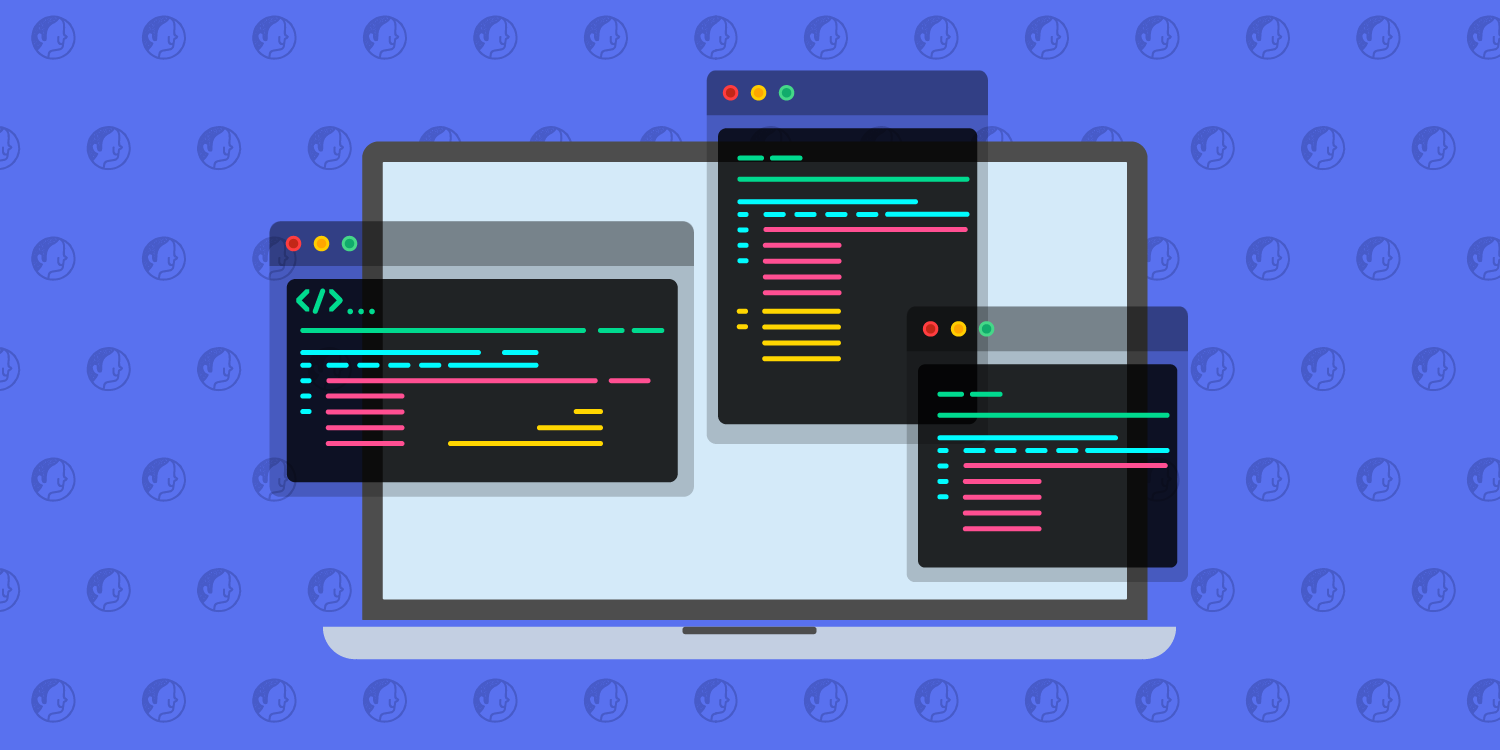JSON and XML are two human-readable text formats that have emerged as rivals over the years. The purpose of XML is to store and define documents and data through the optional use of a schema. JSON was almost exactly the opposite – a serialization format with requirements so simple that they fit on the back of a credit card. But, when should you use one or the other? We have to take into account that XML and JSON have similarities and differences that can affect the performance of your application. In this article, we will describe what is going on and what you need to know about JSON and XML.
[Tweet “Do you know how JSON and XML compare? Read the rest of this article from @evan_glazer via @codeship »]
Background
JavaScript caused a seismic shift in web development with the creation of Node (which is really server-side JavaScript). Everything from that moment has been replaced by REST and JSON APIs. JSON has become the most efficient data structure standard in web applications. Web 1.0 has been hampered by analysis of data structures and has slowed innovation, while Web 2.0 has created an explosion in productivity and Moore’s Law has started. JavaScript, which was considered a dead language at one point, has been revived and is now one of the most popular languages in 2019.
Comparing JSON and XML
Similarities:
- Both are human readable.
- Both are hierarchal with a values within values format.
- Both can be parsed and used by a number of languages.
Differences:
JSON
- Shorter
- Quicker to parse
- Uses arrays
- Parsed by a standard JavaScript function
- Data interchange format
XML
- Needs an XML parser.
- Longer to parse.
- Doesn’t use Arrays!!
Which should I consider?
Everyone has their own opinion on JSON and XML. As a developer, I stick more or less to JSON in my projects, unless an API requires XML parsing.
XML is still actively used in web publishing to create interactive pages. It is also used for web search, metadata, and ubiquitous computing, which is another way of saying wireless devices, such as cellphones.
Depending on the type of application, it will vary depending on what best fits your application to access the information.
What’s going on
As applications and platforms have evolved, efficiency and performance have been the priority status quo. APIs have evolved over the years to become lighter, and JSON has overtaken XML as the preferred format among developers and technology stacks.



Leave A Comment